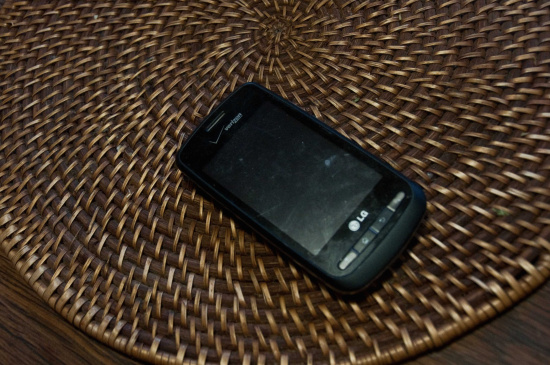
Cellphones, almost a modern necessity, can give information about the user to law enforcement.
DEA agents were tracking Trenton Rhodes, a music producer. They traced him from Nashville, TN to Humboldt, CA. But they didn’t have to follow him by car. They just used his cellphone. Then they used the fact his cellphone showed that he’d been to Humboldt as evidence against him. In their search warrant, they called Humboldt the “marijuana cultivation capitol of California.” The fact he’d been here made the case against him for trafficking in marijuana much stronger.
According to The Tennessean,
Police are increasingly tracking people’s movements by tapping into GPS technology in modern cellphones, allowing authorities to watch a person’s movement in real time or to follow his or her tracks. But a battle looms between public safety and privacy rights as challenges wend their way through the U.S. court system. Most recently, the 6th U.S. Circuit Court of Appeals ruled that police didn’t need a warrant to track a Knoxville suspect’s movement through his cellphone in a drug investigation.
The appeals court ruled that police didn’t need a warrant because users of cellphones don’t have any expectation of privacy since their location is constantly being broadcast to cellular providers.
“It’s accurate to say there are millions of requests (by police) to phone companies for tracking vehicles and people. Most of them, if not all of them, involve locating people through triangulation of signals through cellphones,” said Christopher Slobogin, a professor at Vanderbilt Law School who has written extensively about criminal procedure and evidence.
This article lays out the pitfalls of privacy and cellphone use. It has important information about the issues.
CLICK TO MANAGE